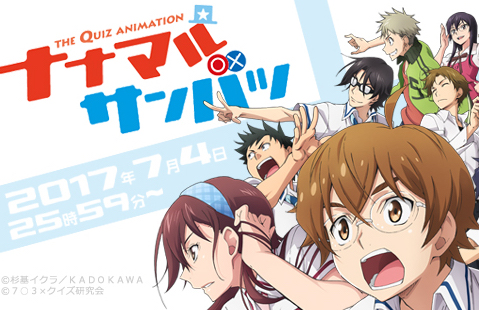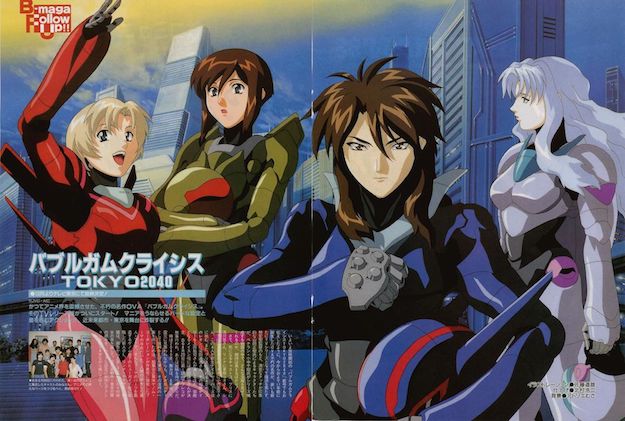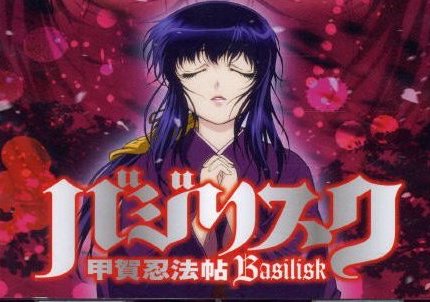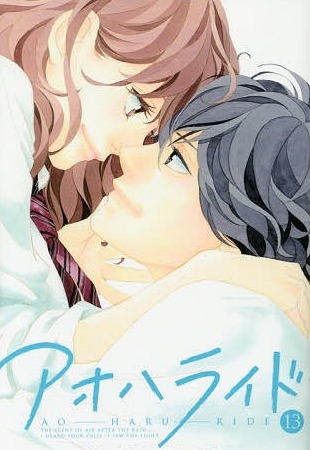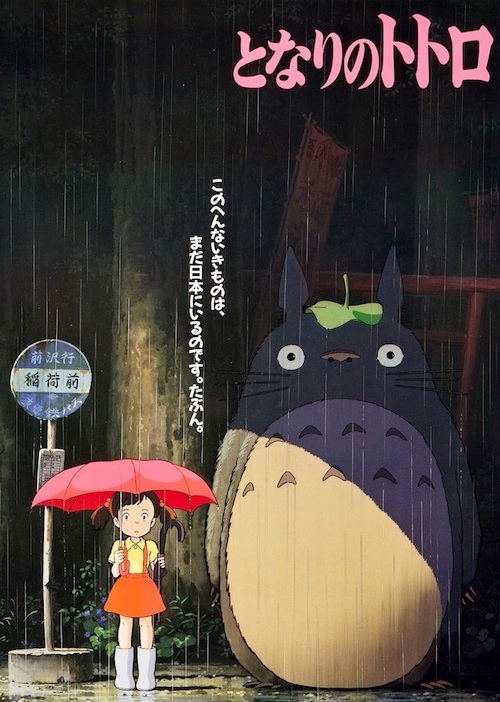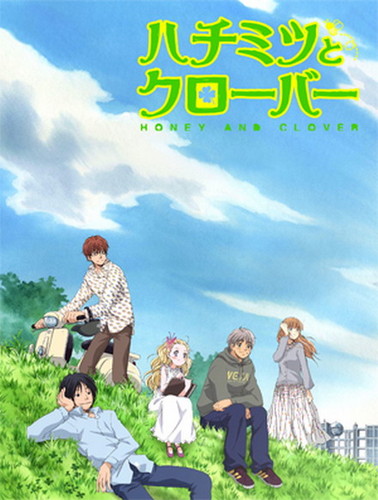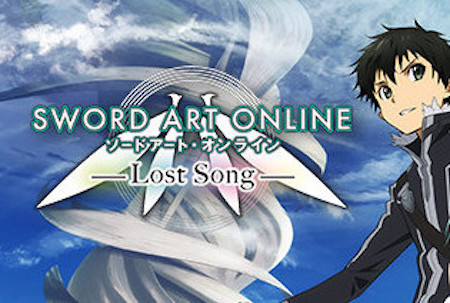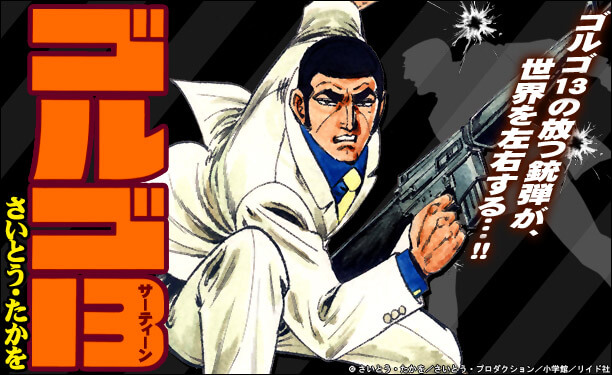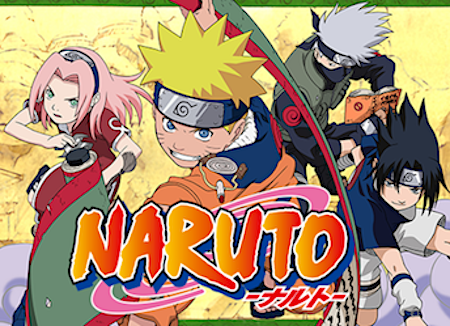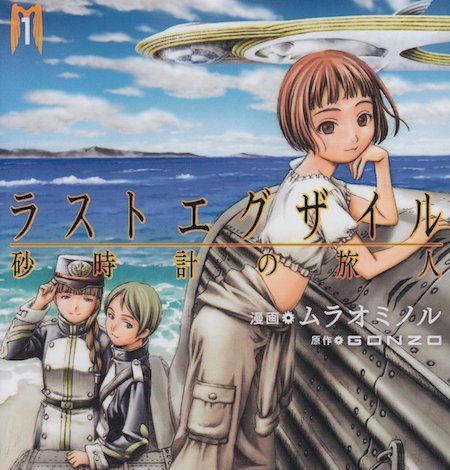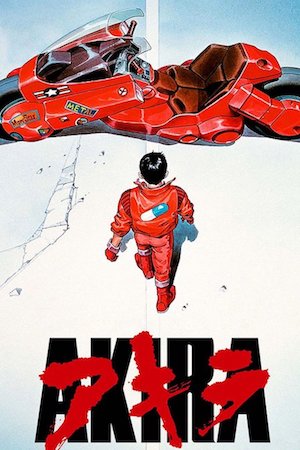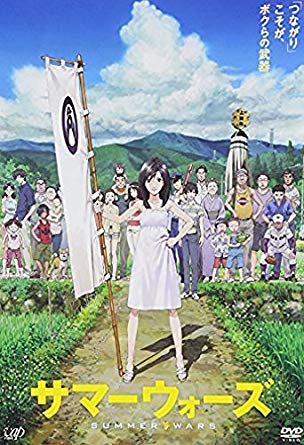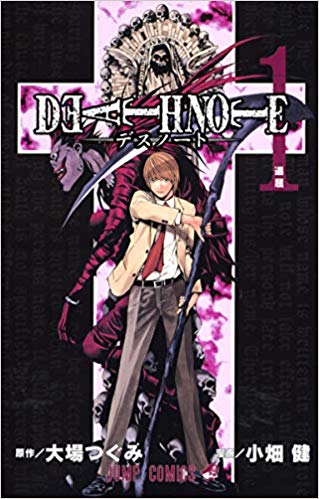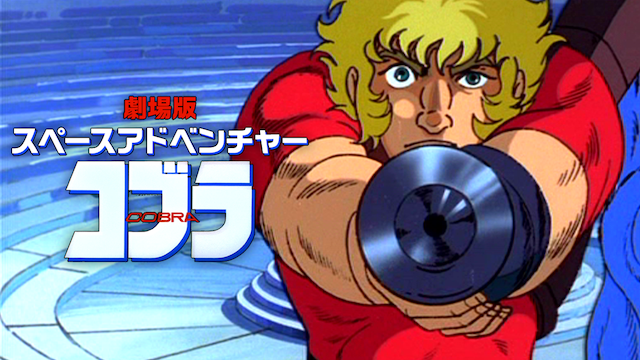Anime posters
Many animes are named with only kanas, which offers a good practice opportunity; also, their posters have interesting fonts so reading them is a challenge. Sometimes, the English name of the anime is very different from the Japanese one, though. Give a try to the following ones:
Onomatopoeias
Japanese has hundreds of onomatopoeias, and people use them all the time! They come in three flavors. Like English, we have descriptions for sounds of living beings, like dogs and cats, or people snoring; and for sounds of nature, like wind, or thunder. Unlike English, there is a third class that describes feelings and emotions, like ‘blushing’ or ‘sparkling’ [Japanese101].
We always write onomatopoeias using kanas, sometimes in hiragana, sometimes in katakana, often in either. Some of the most common ones are:
sounds from animals and people
In English, dogs and cats go ‘woof’ and ‘meow’, while in Japanese they go ‘wan’ and ‘nyaa’. These are so common that kids call dogs ‘wan-chan’, and cats ‘nyan-ko’.
English
dog barking
cat meowing
romaji
wan-wan
nyaa-nyaa
hiragana
わんわん
にゃあにゃあ
katakana
ワンワン
ニャーニャー
haa! nyan-ko da!
haa! It’s a kitty cat!
sounds from nature
The most popular sound effect of all romantic mangas has to be ‘doki-doki’, the sound of a heart pounding; it shows up in romantic encounters, and during suspense scenes. ‘pon’ is like the English sound effect ‘tap’: a small drum goes ‘pon-pon’, tapping someone on the shoulder is ‘pon’, and so on.
English
heart beating
tap-tap
romaji
doki-doki
pon-pon
hiragana
どきどき
ぽんぽん
katakana
ドキドキ
ポンポン
Feelings
‘kira-kira’ is ‘to twinkle’, so ‘twinkle-twinkle little star’ in Japanese is ‘kira-kira boshi’.
We might be familiar with ‘pika-pika’, which means ‘to shine’ or ‘to glitter’, because it’s the sound that Pikachu makes in the Pokemon series.
English
to twinkle
to shine
romaji
kira-kira
pika-pika
hiragana
きらきら
ぴかぴか
katakana
キラキラ
ピカピカ
